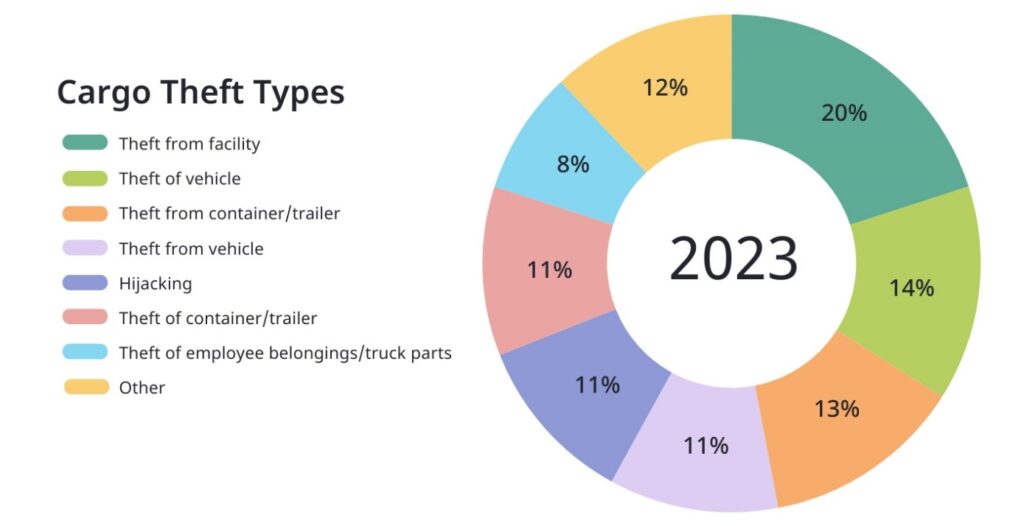Geneva, 11 July 2024 – FIATA International Federation of Freight Forwarders Associations and TT Club, the market-leading international freight transport insurer, are excited to unveil this year’s outstanding regional achievers of the Young Logistics Professionals (YLP) Award 2024.
The 2024 regional winners are:
- Region Africa and Middle East: Nompilo Zulu, SAAFF, South Africa
- Region Americas: Rashaad Francisco D’Gama Rose, CIFFA, Canada
- Region Asia-Pacific: Thach Thao Nguyen, VLA, Vietnam
- Region Europe: Laura Cristin Egerer, DSLV, Germany
FIATA and TT Club proudly announce the winners of this year’s Young Logistics Professionals (YLP) Award, congratulating the four regional champions who have showcased exceptional talent and dedication in the logistics industry. This prestigious competition highlights the profound knowledge and honed skills of young professionals, who represent the future of global logistics.
The YLP Award plays a vital role in nurturing and inspiring the next generation of logistics experts. This year’s submissions were particularly noteworthy, with dissertations that delved deep into the complexities of the global supply chain, offering innovative solutions and demonstrating a strong commitment to excellence.
FIATA and TT Club remain steadfast in their commitment to celebrating the dedication and dynamism of young professionals in the logistics sector. The competition provides invaluable experience and exposure, paving the way for these talented individuals to shape the industry’s future positively. This year, we are thrilled to explore the Region Americas, hosting the regional winners at the FIATA World Congress in Panama.
Panama, with its strategic location as a nexus between North and South America, is a pivotal player in global trade and logistics. The FIATA World Congress in Panama offers the regional winners a unique opportunity to immerse themselves in the heart of the freight forwarding community. They will gain firsthand insights into the Panamanian logistics industry, enhancing their understanding of global supply chains and exploring new opportunities for collaboration and growth.
By participating in this event, the YLP Award winners will not only further their careers but also contribute to the broader logistics community. FIATA and TT Club are honoured to support these young professionals and eagerly anticipate the innovative contributions they will bring to the industry.
We extend our deepest congratulations to the winners and look forward to celebrating their achievements at the FIATA World Congress in Panama.
About FIATA
FIATA International Federation of Freight Forwarders Associations is a nongovernmental, membership-based organisation representing freight forwarders in some 150 countries. FIATA’s membership is composed of 113 Associations Members and more than 5,500 Individual Members, overall representing an industry of 40,000 freight forwarding and logistics firms worldwide. Based in Geneva, FIATA is ‘the global voice of freight logistics’ www.fiata.org.
About TT Club
TT Club is the established market-leading independent provider of mutual insurance and related risk management services to the international transport and logistics industry. The Club’s services include specialist underwriting, claims management and risk and loss management advice, supported by a global office network. TT Club’s mission is to make the industry safer, more secure and more sustainable. Established in 1968, TT Club currently services more than 1400 Members – container owners, operators, ports, terminals and logistics companies. Its membership covers the entire logistics journey, working across maritime, road, rail, and air ranging from some of the world’s largest logistics operators to smaller, bespoke companies managing similar risks. The Club is renowned for its high-quality service, in-depth industry knowledge and enduring Member loyalty. Its average annual customer retention rate is consistently over 95%, with some Members having chosen to insure with the Club for over 50 years.
TT Club is managed by Thomas Miller – an independent and international provider of insurance, professional and investment services. www.ttclub.com












